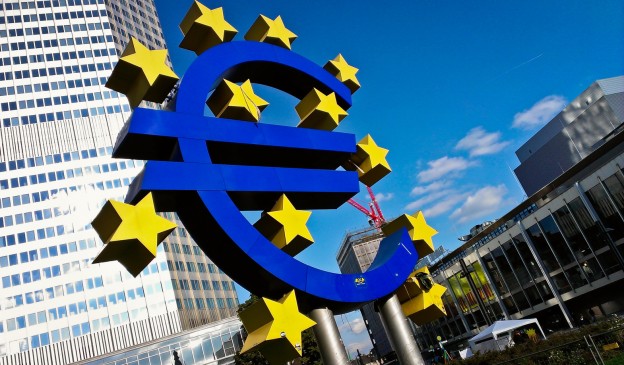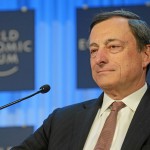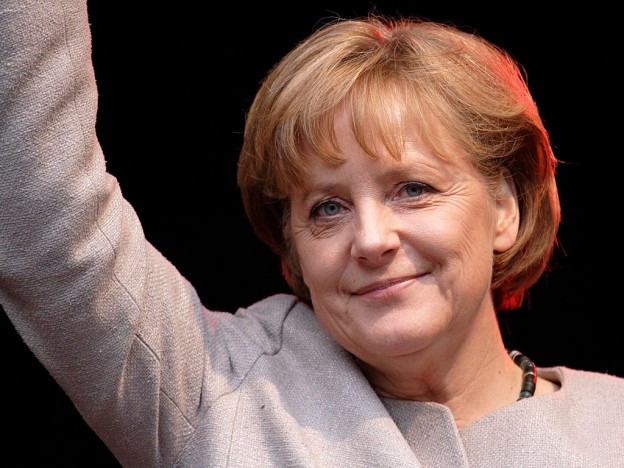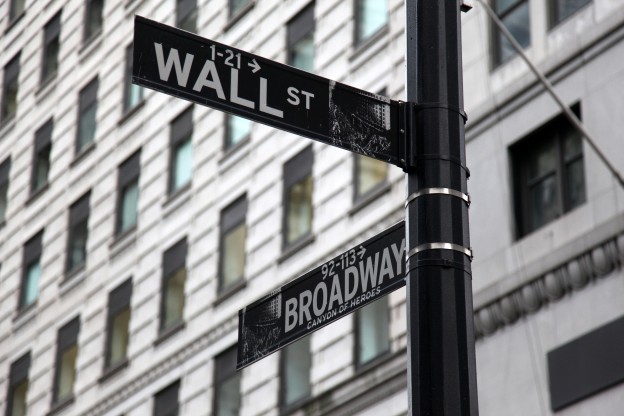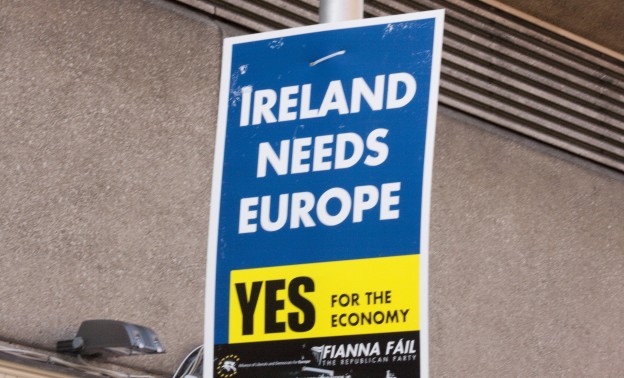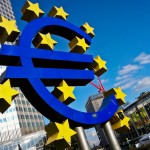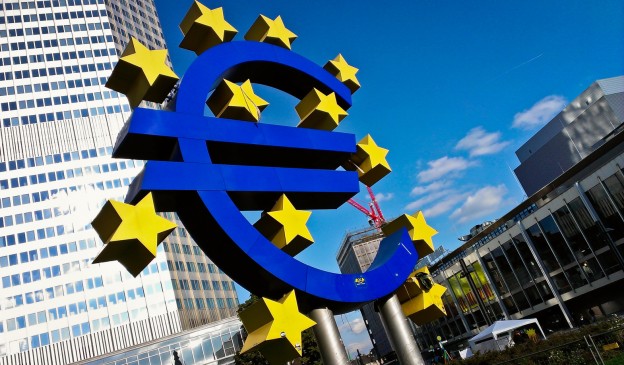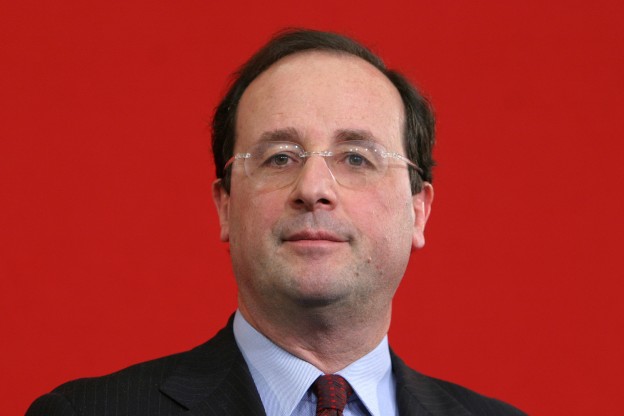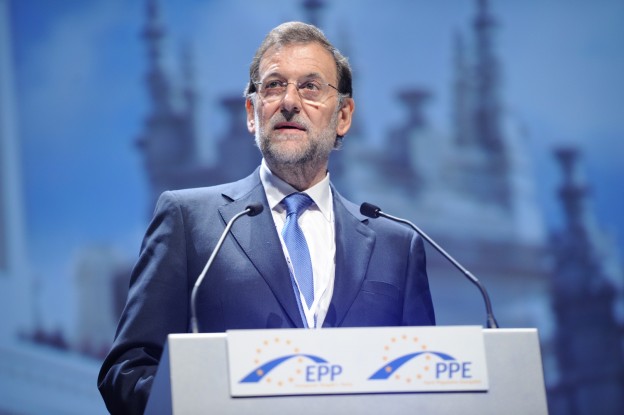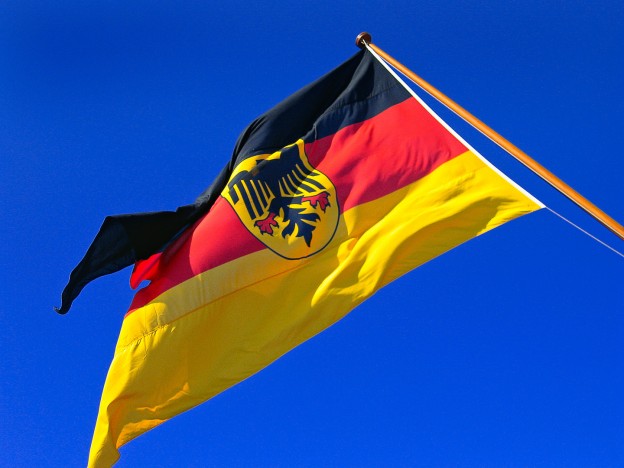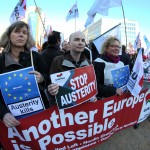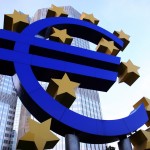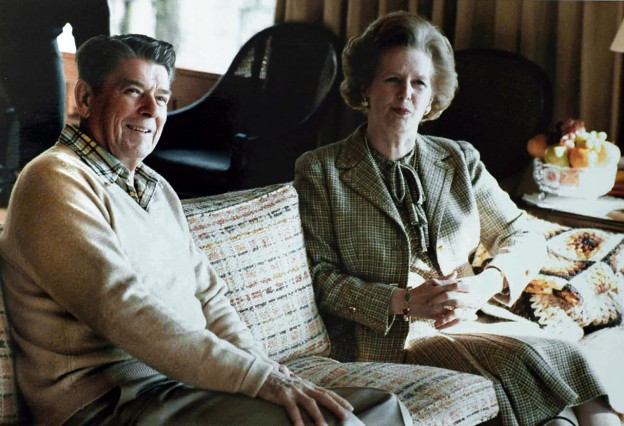The ailing Eurozone is now officially in its longest ever recession, once again prompting speculations about the single currency’s future. Signs of crisis are clearly visible as nine out of 17 eurozone nations are in recession with Francois Hollande’s France joining the list of economic underachievers.
The GDP of 17 eurozone countries shrank by 0.2 per cent in the beginning of 2013. The European powerhouse Germany only grew by 0.1 per cent in the first quarter while France’s economy shrank by 0.2 per cent for the second quarter in a row. The country’s unemployment rate is expected to rise from the current 10.6 per cent. President Hollande is now the most unpopular president in French history, even surpassing his predecessor Nicolas Sarkozy who was widely disliked.
The shoddy data was followed by Pew Research Centre’s report according to which public support for the European Union fell from 60 per cent to 45 per cent. Pew’s research confirmed the perilous situation of the European project which is already being buried in many European countries. For instance, Spain’s dire situation is likely to continue and even worsen while the austerity policies enacted by many nations do not seem to work or stimulate growth.
Open an Account
